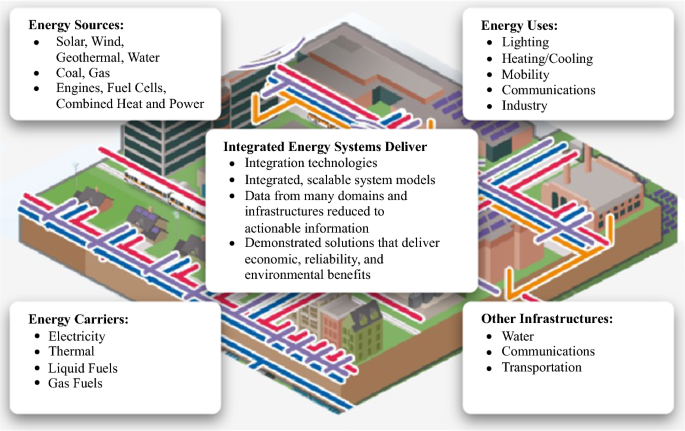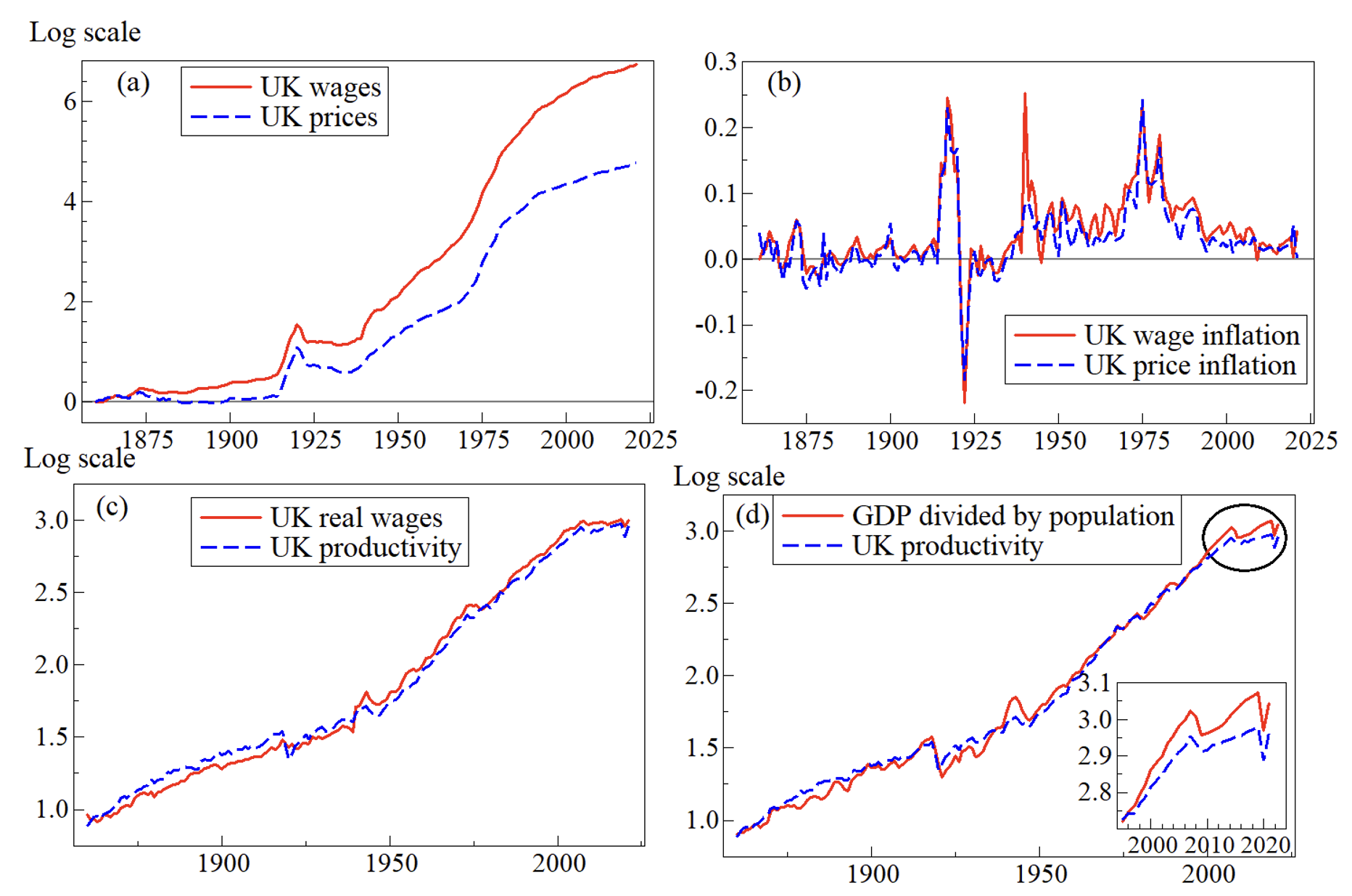/images/renewableenergymain11.jpg)
Revolutionizing Tomorrow: Green Energy Innovations for a Sustainable Future
Green energy innovations stand at the forefront of the global effort to transition towards a sustainable and eco-friendly future. This article explores cutting-edge innovations in the realm of green energy, showcasing technological advancements, breakthroughs, and their profound impact on shaping a cleaner and more sustainable world.
Solar Power Advancements: Harnessing the Sun’s Potential
In the realm of green energy, solar power continues to undergo remarkable advancements. New and improved solar panel technologies, such as thin-film solar cells and perovskite solar cells, are enhancing efficiency and reducing costs. Innovations like solar paint and solar windows are expanding the possibilities of integrating solar power into various aspects of our daily lives.
Wind Energy: Beyond Traditional Turbines
Wind energy innovations are taking the familiar concept of wind turbines to new heights. Vertical axis wind turbines, airborne wind energy systems, and bladeless wind turbines are among the innovations reshaping the wind energy landscape. These technologies aim to increase energy capture, reduce environmental impact, and make wind energy more accessible in diverse locations.
Energy Storage Breakthroughs: Overcoming Intermittency
Addressing the intermittency of renewable energy sources, energy storage breakthroughs are revolutionizing the green energy sector. Advancements in battery technologies, including lithium-sulfur batteries, solid-state batteries, and flow batteries, are enhancing energy storage capacity, efficiency, and durability. These innovations play a crucial role in enabling a reliable and continuous supply of green energy.
Hydrogen as a Green Energy Carrier
Hydrogen is emerging as a versatile green energy carrier with the potential to transform various sectors. Green hydrogen, produced using renewable energy, is gaining prominence. Applications range from hydrogen fuel cells for transportation to industrial processes. Innovations in hydrogen production, storage, and utilization contribute to its growing role in the green energy landscape.
Smart Grids and Energy Management Systems
The integration of smart grids and energy management systems represents a pivotal innovation in optimizing energy distribution. These intelligent systems leverage real-time data and advanced analytics to enhance the efficiency and reliability of energy grids. Smart grids enable better integration of renewable energy sources, demand response, and decentralized energy generation.
Wave and Tidal Energy Innovations
Harnessing the power of oceans, wave and tidal energy innovations are gaining attention. Advancements in wave energy converters and tidal stream systems aim to capture energy from ocean movements. These technologies have the potential to provide a consistent and predictable source of green energy, contributing to a more diversified and resilient energy mix.
Bioenergy Breakthroughs: Beyond Traditional Biomass
Bioenergy innovations extend beyond traditional biomass. Advanced biofuels, produced from non-food feedstocks, offer a cleaner alternative to conventional fossil fuels. Additionally, innovations in bioenergy include the use of algae for biofuel production, turning waste into energy, and exploring synthetic biology for enhanced bioenergy conversion processes.
Grid-Interactive Buildings: Redefining Energy Consumption
The concept of grid-interactive buildings represents a paradigm shift in how we approach energy consumption. These buildings are equipped with advanced technologies that enable them to interact with the energy grid intelligently. Smart appliances, energy-efficient systems, and real-time communication with the grid contribute to optimizing energy usage and reducing overall demand.
Artificial Intelligence in Energy Optimization
Artificial Intelligence (AI) is playing a crucial role in optimizing green energy systems. AI algorithms are employed for predictive maintenance, energy demand forecasting, and real-time optimization of energy distribution. By analyzing vast amounts of data, AI enhances the efficiency and performance of green energy infrastructure, making it more adaptive and responsive.
Challenges and Future Prospects
While green energy innovations show great promise, challenges such as initial costs, infrastructure development, and regulatory frameworks need to be addressed. Collaborative efforts between governments, industries, and research institutions are essential to overcome these challenges. The future of green energy holds immense potential, with ongoing innovations driving the transition towards a sustainable and low-carbon energy landscape.
To delve deeper into the world of green energy innovations, explore the comprehensive guide at dataharza.my.id. The continuous evolution of these innovations signifies a transformative journey towards a sustainable future powered by clean and renewable energy sources.



